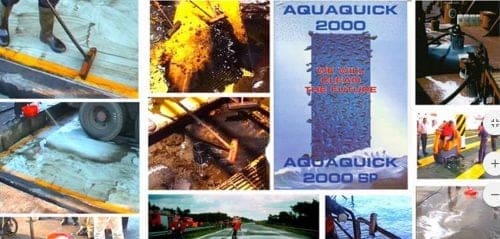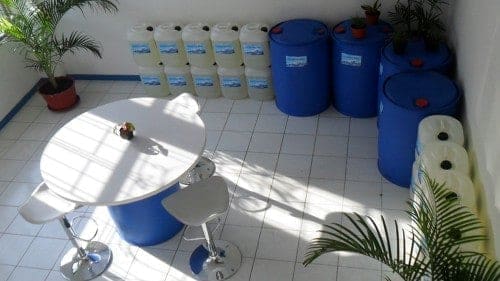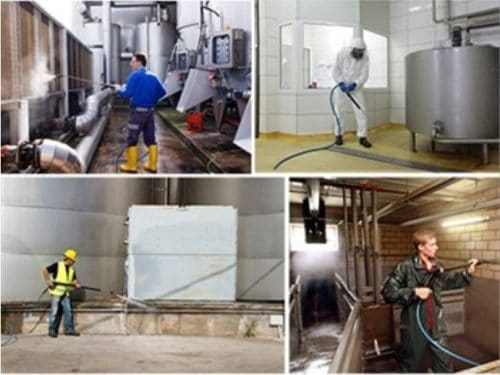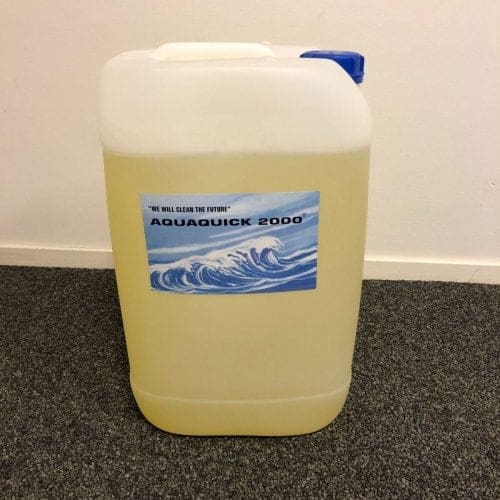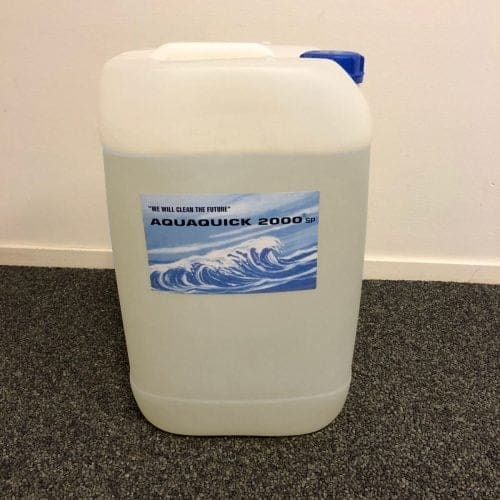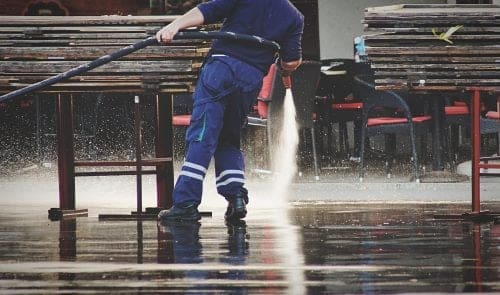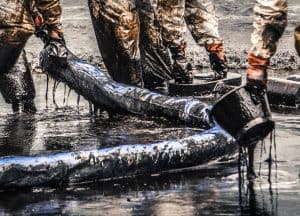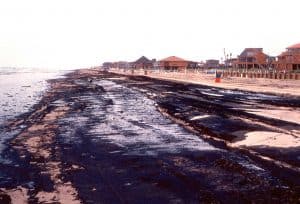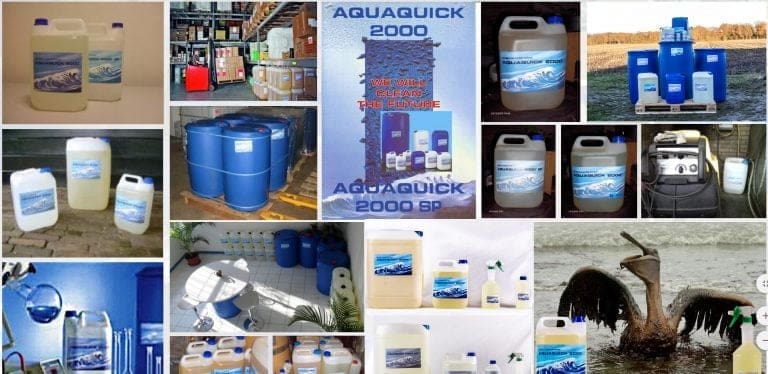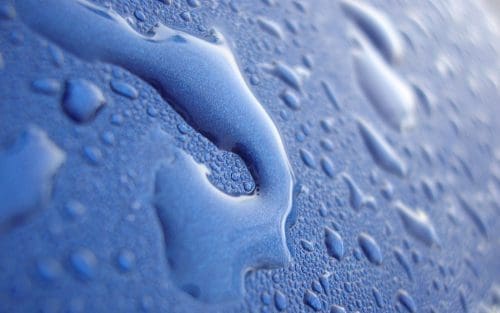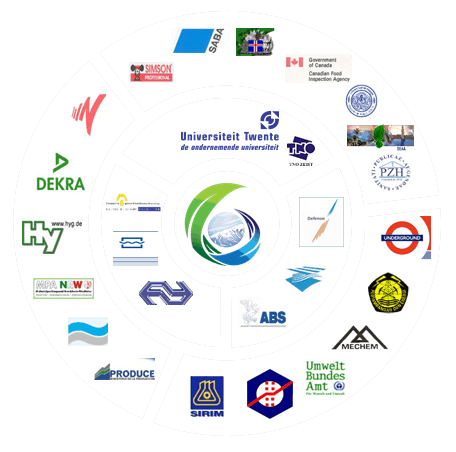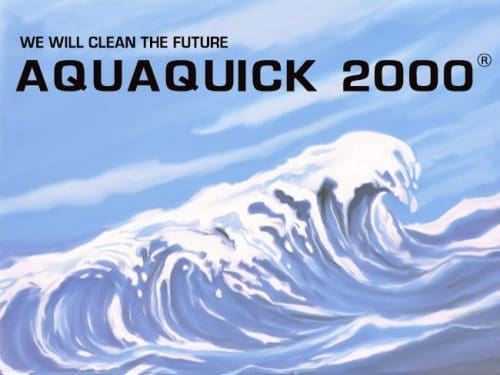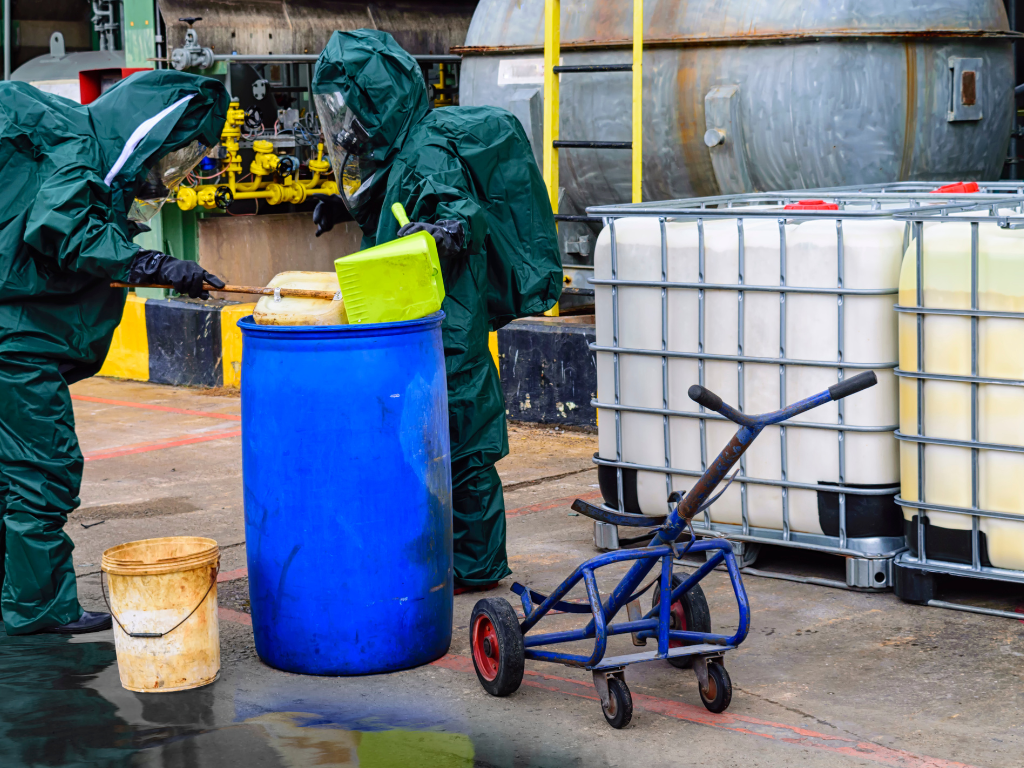Preventing Oil Spills in Industrial Operations: Best Practices for Safety
Oil spills are a significant environmental hazard, especially in industries where machinery and equipment are frequently used. The impact of an oil spill can be devastating, affecting ecosystems, marine life, and human health. Prevention is always better than cure, and in the case of industrial oil spills, adopting best practices for safety is crucial. In this article, we will explore effective strategies for preventing oil spills in industrial operations and the role of products like Aquaquick 2000 in mitigating the risks associated with oil spill incidents.
Understanding the Risks of Oil Spills in Industry
Oil spills in industrial operations can occur for several reasons, including equipment failure, improper handling, human error, and insufficient safety protocols. The consequences of these spills can be severe. Besides causing immediate harm to the environment, oil spills can lead to long-term damage to the ecosystem, impacting wildlife, water quality, and air health.
Oil spills are particularly dangerous because of the difficulty involved in their cleanup. The oil spreads quickly, making containment challenging, and in many cases, the hazardous chemicals used in cleaning up spills only worsen the problem.
Best Practices for Preventing Oil Spills
Preventing oil spills in industrial settings requires a proactive approach. By implementing the right practices and using the right tools, industries can significantly reduce the risk of an oil spill and its subsequent effects. Here are some key best practices for preventing oil spills:
1. Regular Equipment Maintenance
Routine maintenance of machinery and equipment is critical in preventing oil spills. Equipment such as pumps, tanks, and pipelines must be inspected regularly for leaks, cracks, and signs of wear. By identifying potential issues before they escalate, industrial operators can prevent major spills from occurring. Preventive maintenance programs should include the following:
- Checking seals, gaskets, and fittings for wear and tear.
- Ensuring that safety valves and shut-off mechanisms are functioning properly.
- Regularly cleaning equipment to remove built-up oil and grease.
2. Employee Training and Awareness
Employee training is a key factor in preventing oil spills. Workers should be educated on the importance of spill prevention and the procedures to follow in the event of a spill. Regular training sessions should cover:
- How to handle oils and fuels safely.
- The proper storage methods for oils and other hazardous materials.
- Emergency response protocols in case of an oil spill.
A well-trained workforce can quickly respond to potential threats, reducing the likelihood of a spill and limiting its impact if one does occur.
3. Proper Containment Measures
Industries should have containment measures in place to prevent oil from spreading in case of an accidental release. This can include installing containment barriers, secondary containment systems (such as berms or dikes), and spill trays to catch any leaking oils. These systems should be regularly checked for integrity and cleaned as needed to ensure they are ready to respond in case of a spill.
4. Use of Spill-Resistant Technology
Technology can play a crucial role in preventing oil spills. From spill detection systems that alert operators to leaks, to automated shut-off systems that prevent overflows, implementing advanced technologies can significantly reduce the risk of spills.
5. Effective Waste Management Systems
A solid waste management system can also contribute to spill prevention. Proper disposal of waste oils, lubricants, and chemicals ensures that these substances don’t leak into the environment. Businesses should implement a well-organized waste disposal system to minimize the risk of accidental releases.
Aquaquick 2000: A Critical Tool for Spill Prevention and Cleanup
Aquaquick 2000 is a versatile solution that plays an essential role in both preventing and managing oil spills in industrial operations. Although it is primarily known for its effectiveness as an oil spill dispersant, Aquaquick 2000’s biodegradable and eco-friendly formulation makes it an excellent tool for preventing and responding to potential spills.
When applied as a preventive measure, Aquaquick 2000 can help reduce the buildup of oils and grease on equipment surfaces, preventing spills from occurring. Its plant-based ingredients are gentle on the environment, making it an ideal choice for industries committed to sustainability.
For industries that have experienced an oil spill, Aquaquick 2000 can also be used to quickly and effectively break down the spilled oil into harmless substances, ensuring that the environment is cleaned up without causing further harm to marine life or the surrounding ecosystem.
The Role of Industry Regulations in Spill Prevention
In many countries, there are strict regulations governing the prevention and management of oil spills. Compliance with these regulations is crucial for ensuring that industrial operations are safe for both workers and the environment. Regulations often require industries to adopt specific measures to prevent spills, such as the installation of containment systems, the use of environmentally friendly cleaning agents, and the development of spill response plans.
By following these regulations and adopting best practices, industries can significantly reduce the risk of oil spills and avoid costly fines, while contributing to the protection of the environment.
Conclusion: Proactive Measures Lead to Safer, Greener Operations
Preventing oil spills in industrial operations is not only a regulatory requirement but also an ethical responsibility. By implementing proactive measures such as regular equipment maintenance, employee training, proper containment systems, and using advanced spill-resistant technologies, industries can reduce the risk of spills significantly.
Aquaquick 2000, with its eco-friendly and biodegradable properties, offers an essential tool for spill prevention and cleanup, ensuring a safer and more sustainable industrial operation. By taking the necessary precautions and using products that prioritize environmental health, industries can ensure that oil spills remain a rare occurrence, benefiting both the planet and the bottom line.
If you’re ready to take proactive steps toward preventing oil spills in your industrial operations, Aquaquick 2000 is here to help. Don’t wait for a spill to happen—start incorporating eco-friendly solutions into your operations today.
For more information, visit Aquaquick 2000 Product Page and How Aquaquick 2000 Helps Prevent Oil Spills.

